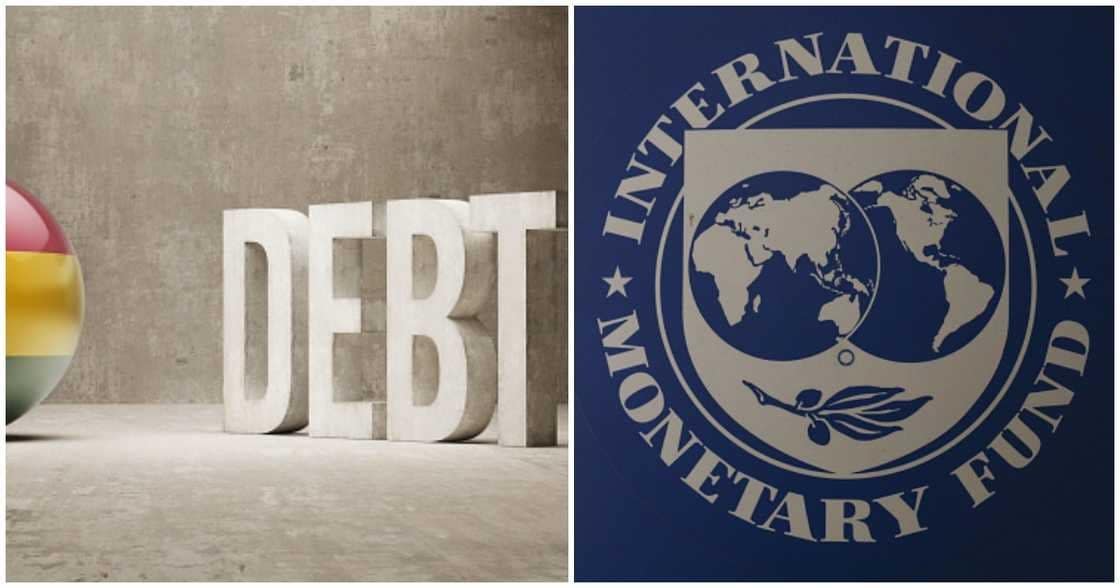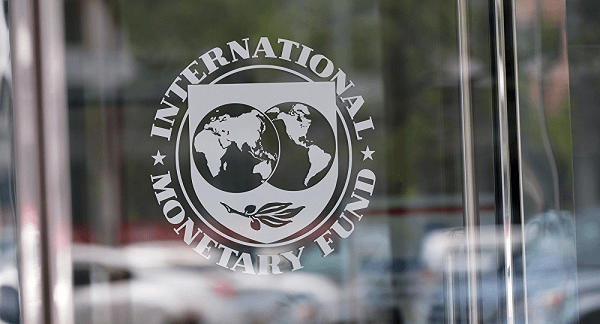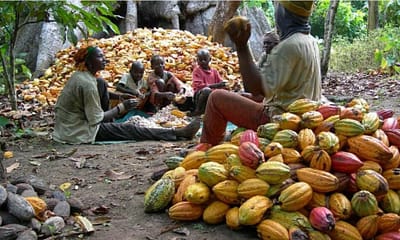News
Ghana Becomes Second-Most Indebted African Nation to IMF Amid Economic Crisis
Published
8 months agoon
By
M N Ridwan
Ghana has emerged as the second-most indebted African nation to the International Monetary Fund (IMF), with outstanding loans totalling $2.914 billion as of October 31, 2024.
This alarming figure, which accounts for 17% of Africa’s total borrowings from the IMF, underscores the nation’s growing reliance on international lending as it grapples with a severe economic crisis.
As of now, the Democratic Republic of Congo (DRC) holds the top spot for the highest IMF debt on the continent, with outstanding loans of $2.256 billion Special Drawing Rights (SDRs).
Zambia ranks third, with $1.272 billion in loans. Ghana’s debt situation has become a significant point of concern, especially as the country struggles to stabilize its economy.
This development comes in the wake of Ghana’s request for a $3 billion bailout from the IMF in January 2023.

The country has received $1.92 billion under the IMF’s Economic Credit Facility program, designed to stabilize the economy and address urgent fiscal imbalances.
The IMF’s concessional lending program, which offers loans with favorable terms such as low-interest rates and extended repayment periods, has played a key role in supporting Ghana during this crisis.
However, Ghana’s rising debt burden is raising alarms. Despite the favorable terms of concessional lending, the growing financial strain from servicing its debts is making it more challenging for the country to achieve long-term economic stability.
Both Ghana and Zambia have defaulted on their loans in recent years, and as a result, IMF assistance has become essential to the economic recovery efforts of these nations.
This mounting debt situation emphasizes the critical need for transparent governance and a comprehensive strategy to address public debt.

Experts are calling for fiscal reforms that go beyond borrowing to ensure the country can reduce its dependency on external debt and stimulate economic growth.
This includes diversifying the economy and generating more revenue through domestic resources.
As Ghana continues its IMF-backed recovery plan, the international community is closely monitoring how the country balances its debt obligations with the necessary reforms to secure a sustainable economic future.
The outcome of these efforts will have significant implications not only for Ghana but also for other nations in Africa facing similar challenges.
Related News
You may like
Weak Cocoa Harvest and Inflation Risks Could Derail Ghana’s Economic Outlook, IMF Warns
IMF Approves Ghana’s $360 Million Loan, Commends Economic Progress
Cultivating Friendship: Ghana and Italy Strengthen Ties for Prosperity
Ghana’s Economy Will Soon Bounce Back – Akufo-Addo Assures Ghanaians
Kwabena Agyepong Advises Ken Ofori-Atta To Resign Over IMF U-Turn
4 Key Findings By IMF On Ghana’s Economy After Preliminary Findings


















